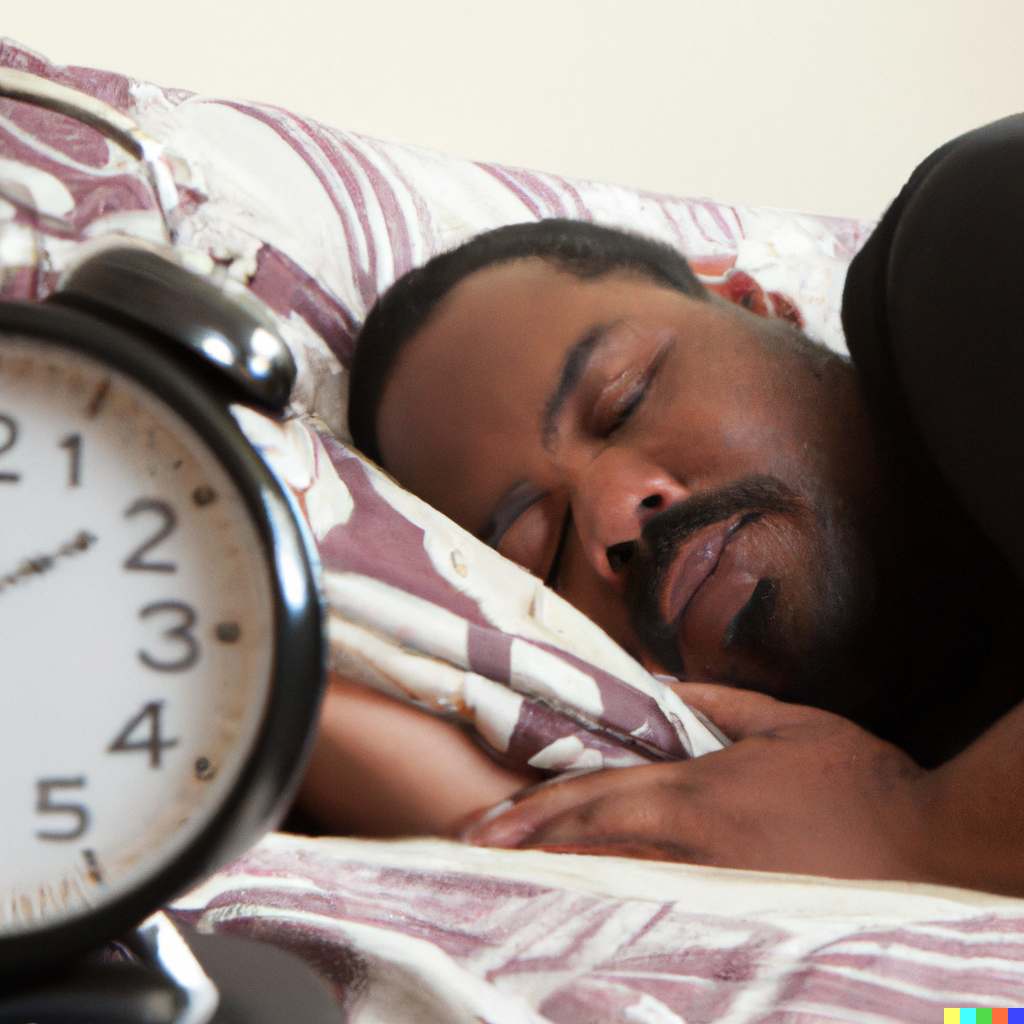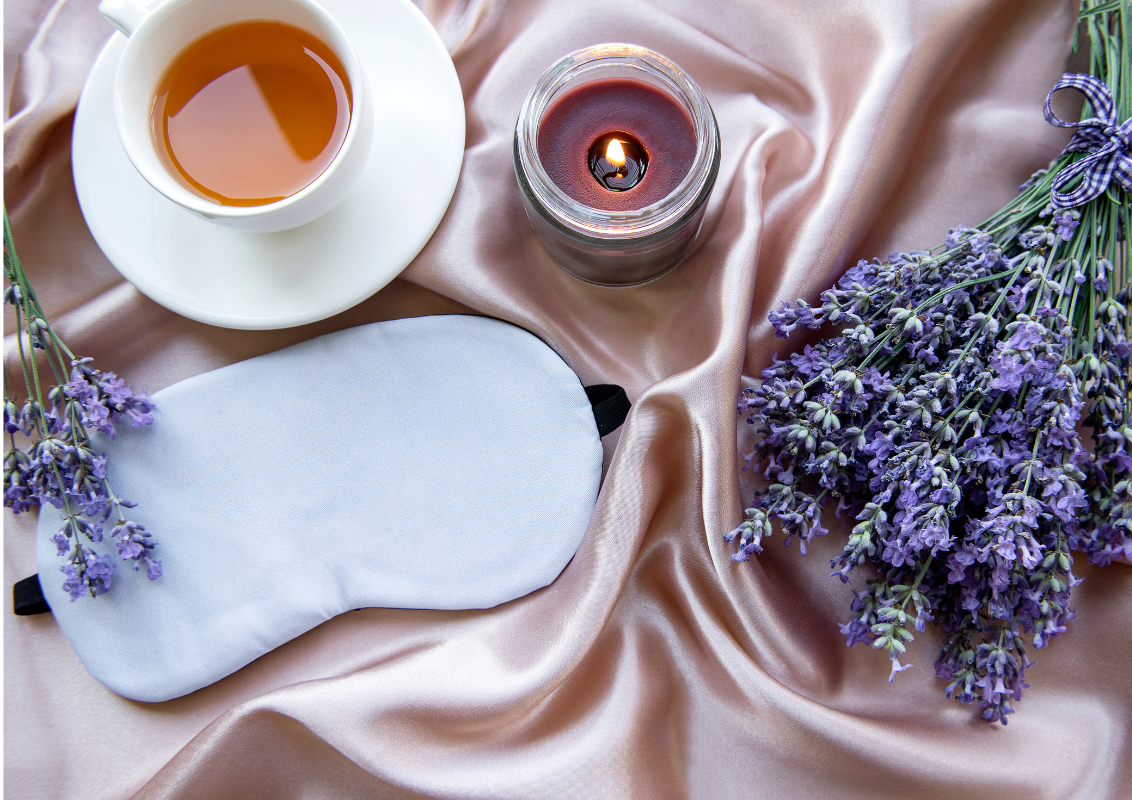The Connection Between Sleep and Health
Sleep is crucial for living a healthy life. It’s when our bodies repair, rejuvenate, and regenerate. It affects our mood, mental well being, and physical health. Not getting enough quality sleep can lead to numerous health problems. Sleep quality is not just about the number of hours a person sleeps, but also about how well they sleep.
What Are Sleep Cycles and Circadian Rhythms
Sleep cycles are the natural rhythms that our bodies go through nightly in order to restore from the day before. Each of our brains work with circadian cycles to regulate when we should be awake and when we should be asleep. Our brain knows when to sleep and wake up by receiving visual cues from the outside world throughout the day. For example, when we’re exposed to light in morning, it signals to the brain that it’s time to wake up, while darkness signals that it’s time to sleep.
Getting Better Sleep
There are many factors that can contribute to sleep quality such as age, stress, diet and environment. The following are some tips to improve your quality of sleep at home:
- Set a consistent bedtime and wakeup routine
- Limit the use of electronics before bedtime (cell phones, laptops)
- Create a restful environment by keeping your room cool, dark and quiet
- Limit exposure to activities that excite you two to three hours before going to bed (e.g., exercise, action movies, caffeine, etc.)
When to Seek Help
Sleep is an essential part of a healthy lifestyle. Not getting enough can lead to health problems and affect your overall well being. It is always best to talk to a medical professional if you experience any of the following symptoms:
- You have trouble falling asleep or staying asleep
- You wake up feeling tired all day long
- You have difficulty concentrating or completing tasks
Sleep problems can be a sign of an underlying condition like depression or anxiety, so it is important to get a diagnosis.








